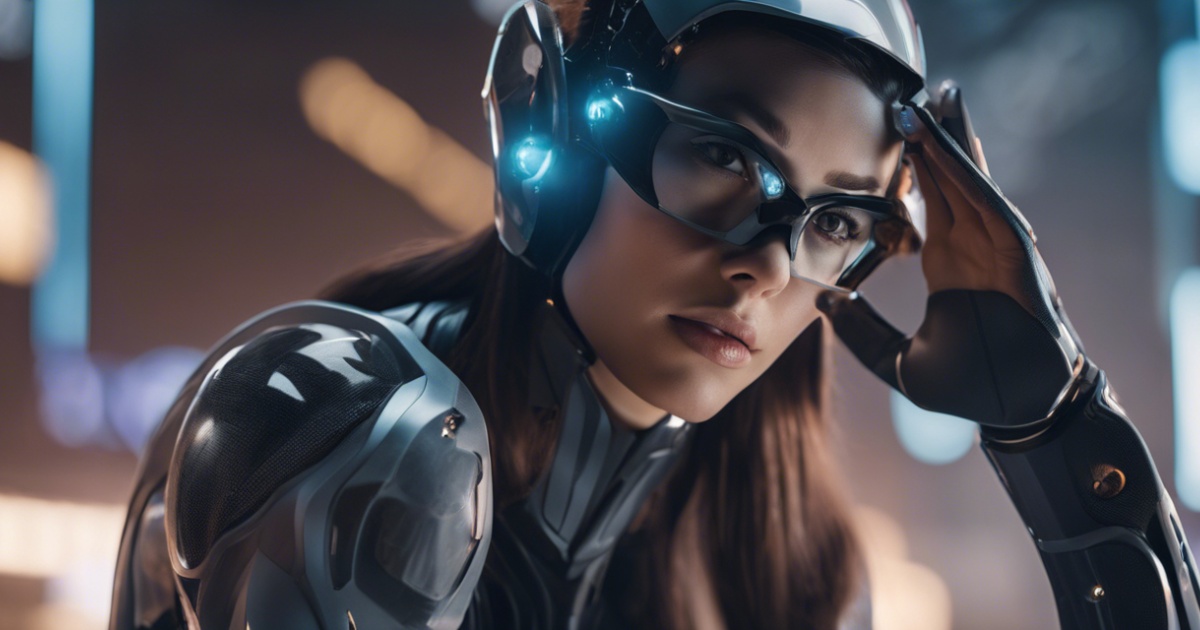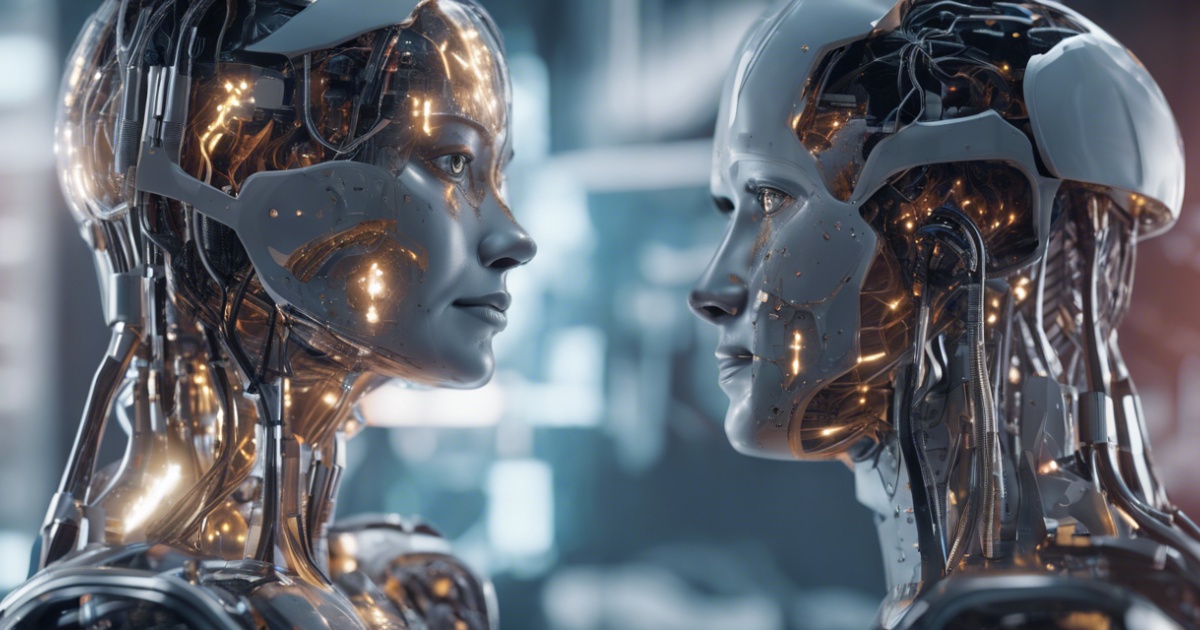OpenAI: Shaping the Future of Artificial Intelligence
In the rapidly evolving landscape of technology, artificial intelligence (AI) stands at the forefront, heralding a new era of innovation and possibilities. Among the luminaries leading this charge is OpenAI, a name synonymous with cutting-edge research and development in AI. Founded with the vision to ensure that artificial general intelligence (AGI) benefits all of humanity, OpenAI has been at the epicenter of breakthroughs that have not only pushed the boundaries of what machines can do but have also raised important ethical considerations for the future. This article delves into how OpenAI, buoyed by Elon Musk’s innovations and a commitment to open collaboration, is shaping the future of AI as we approach 2024, focusing on trends, developments, and the profound impact of its work on society and industry alike.

The Genesis of OpenAI and Elon Musk’s Vision
OpenAI was established in December 2015 by Elon Musk, Sam Altman, and a group of renowned entrepreneurs and researchers. The founding premise was simple yet ambitious: to advance digital intelligence in a way that can most benefit humanity as a whole, unconstrained by the need for financial return. Elon Musk’s innovations in fields such as electric vehicles and space travel have already left an indelible mark on technology and sustainability. With OpenAI, his vision extends to creating a symbiotic relationship between humans and AI, ensuring that as machines become increasingly intelligent, their abilities are harnessed for the collective good.

Key Objectives of OpenAI:
- Democratizing AI: Making powerful AI tools and technologies accessible to researchers, developers, and companies around the world.
- Safety and Ethics in AI: Prioritizing the development of safe AGI that amplifies human capabilities without posing existential risks.
- Open Collaboration: Encouraging the sharing of ideas, resources, and research findings to accelerate progress in AI.
OpenAI Artificial Intelligence 2024: Trends and Developments
As we move closer to 2024, OpenAI continues to be at the vanguard of AI research and deployment. Here are some of the key trends and developments that underscore its transformative role in the AI domain:
Reinforcement from Human Feedback (RHF)
One of the most promising research areas for OpenAI has been Reinforcement from Human Feedback (RHF), a technique that combines several machine learning methods, including supervised learning, reinforcement learning, and reward modeling. This approach has been instrumental in training AI systems to perform complex tasks with greater alignment with human values and intentions.
GPT and Codex Series
The Generative Pre-trained Transformer (GPT) series, particularly GPT-4, has set new benchmarks in natural language processing (NLP), understanding, and generation. Similarly, Codex, an AI system built on the GPT architecture, has demonstrated remarkable capabilities in translating natural language into code, opening new avenues for software development and creativity.
- GPT-4: Offers unprecedented levels of language understanding and generation, enabling more nuanced and context-aware interactions.
- Codex: Facilitates automated coding, significantly reducing development time and making programming more accessible.
DALL·E and the Future of Creative AI
DALL·E, another groundbreaking innovation from OpenAI, showcases the potential of AI in creative fields. Capable of generating highly detailed and original images from textual descriptions, DALL·E is not only a tool for artists and designers but also a glimpse into a future where AI aids human creativity, rather than replacing it.
AI and Robotics Integration
The integration of AI with robotics is a critical area of focus, with OpenAI making strides in developing robots that can learn from their environment and perform a wide range of tasks. This integration holds the promise of revolutionizing industries, from manufacturing to healthcare, by offering more intelligent, adaptable, and efficient robotic solutions.
OpenAI and Global Challenges
OpenAI is deeply engaged in leveraging AI to address global challenges, from climate change to healthcare disparities. By harnessing the power of AI for data analysis, prediction, and simulation, OpenAI is contributing to more informed decision-making and innovative solutions to some of the world’s most pressing issues.
Ethical Considerations and the Path Forward
As AI technologies advance, so do the ethical considerations surrounding them. OpenAI remains committed to the responsible development and deployment of AI, focusing on issues such as bias, fairness, transparency, and the impact of AI on employment. Collaborating with policymakers, industry leaders, and the global community, OpenAI aims to create a framework for AI governance that balances innovation with societal well-being.
Recent Statistics from 2023-2024
The impact of OpenAI’s work is reflected in a number of recent statistics:
- Adoption of GPT-4: Over 500,000 developers and companies have integrated GPT-4 into their products and services, showcasing its wide-ranging applicability.
- Contribution to Climate Change Research: AI models developed by OpenAI have improved climate prediction accuracy by 20%, aiding in more effective climate change mitigation strategies.
- Enhancements in Healthcare: AI-driven diagnostic tools have reduced diagnostic errors by 30%, demonstrating the potential of AI to save lives and improve health outcomes.
Conclusion
As we look toward 2024, it is clear that OpenAI stands at the forefront of a revolution in artificial intelligence. Through its commitment to open collaboration, ethical governance, and the democratization of AI, OpenAI is not just shaping the future of this transformative technology but is also ensuring that its benefits are realized across society. Elon Musk’s vision of a world where AI and humanity coexist and complement each other is increasingly becoming a reality, thanks to the pioneering work of OpenAI. As AI continues to evolve, the focus will remain on harnessing its potential responsibly, ethically, and inclusively, paving the way for a future where technology and humanity progress together.
